Product Name: Aluminum Forging
Product Type: Metal Forging
Material: Aluminum
Shape: Customized
Surface Treatment: Anodizing, Powder Coating, Spray Painting, Polishing
Production Process: Die Casting, Press Forging
Advantages:
1. High strength-to-weight ratio
2. Superior mechanical properties
3. Enhanced resistance to fatigue and wear
4. Tight dimensional tolerances
5. Cost-effective production
| Color | Silver |
|---|---|
| Material | Aluminum |
| MOQ | 1 Pcs |
| Sample | Available |
| Place of Origin | China |
Product Details
MINGYU Tech is a trusted manufacturer of high-quality forging suppliers for aluminum fittings for the electronics industry. Our advanced forging processes and precision technology enable us to produce complex and precise forgings for a variety of electronic devices including computers, smartphones and consumer electronics. Our experienced team works closely with customers to provide customized solutions that meet their unique requirements. We are committed to providing customers with quality products and timely delivery.
forging suppliers for aluminum fittings is the process of shaping aluminum alloys using extreme heat and pressure, resulting in a strong and lightweight product. This manufacturing process has been used for centuries to create sturdy and reliable products, and has become increasingly popular in recent years due to the rise in demand for high-quality, lightweight and durable materials.
One of the main advantages of forging suppliers for aluminum fittings is the strength-to-weight ratio of the final product. forging suppliers for aluminum fittingss are known for their high strength and low weight, making them ideal for use in a variety of industries, including aerospace, automotive, and construction. This lightweight feature makes forging suppliers for aluminum fittingss highly sought after, as they reduce the overall weight of the end product, resulting in increased fuel efficiency and higher payload capacity.
In addition to their strength and lightweight nature, forging suppliers for aluminum fittingss also offer exceptional corrosion resistance. This is due to the natural formation of a protective oxide layer on the surface of the aluminum, which helps to prevent rust and other forms of corrosion. This makes forging suppliers for aluminum fittingss an excellent choice for outdoor and marine applications, as well as in harsh environments where corrosion is a concern.
| Place of Origin | China |
| Material | Metal Aluminium Steel Copper Brass |
| Process | Forging+machining+HT+finish Machining |
| Surface treatment | Polishing |
| Application | Machinery Parts |
| Product name | forging suppliers for aluminum fittings |
| Certificate | TS16949/ISO9001 |
| Color | Customized Color |
| Quality Control | 100% Inspection |
| Lead Time | 18-39 Days |
| MOQ | 1 Piece |
| Supply Ability | 199294 Piece/Pieces per Month |
| Quantity (pieces) | > 463 |
| Lead time (days) | To be negotiated |
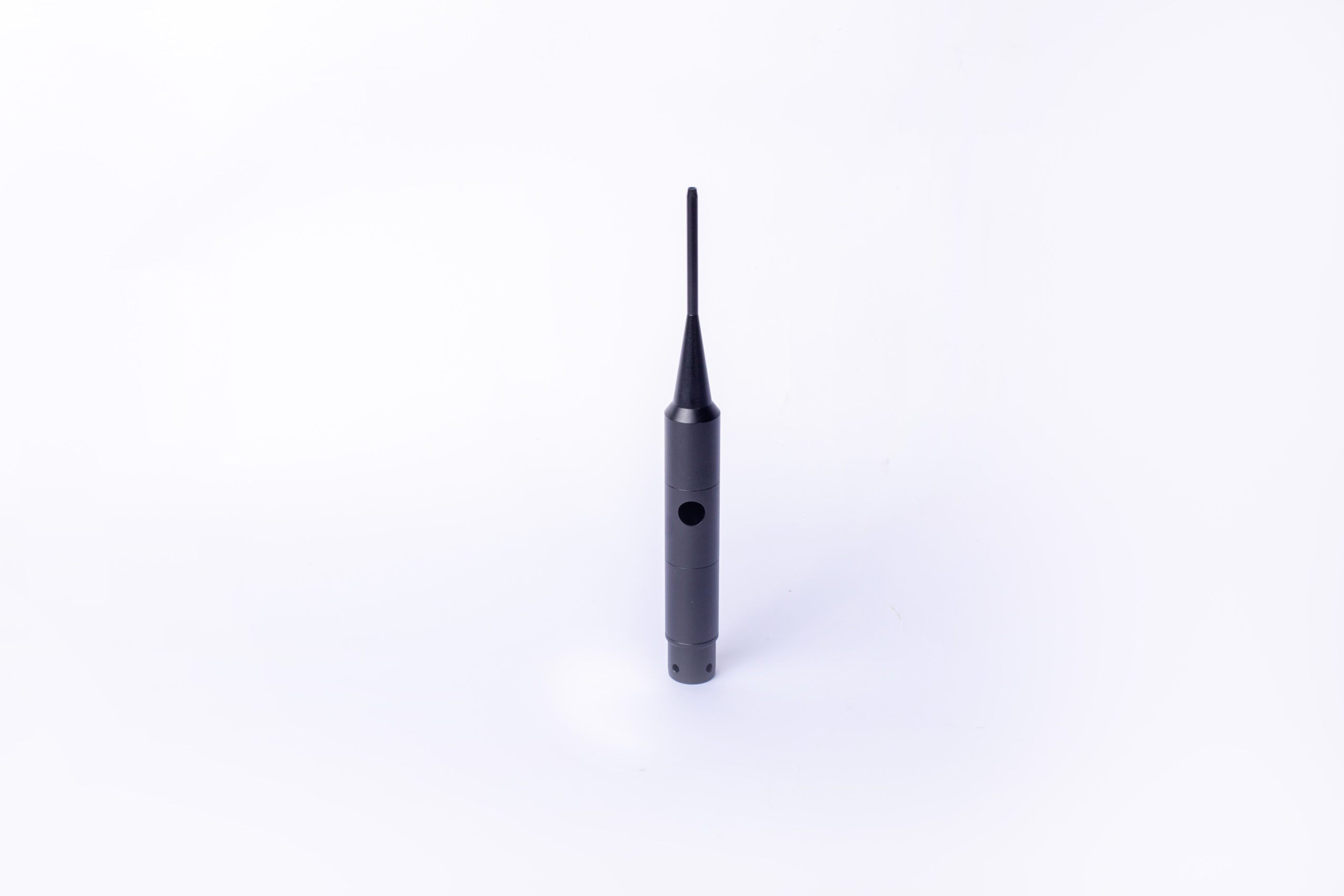
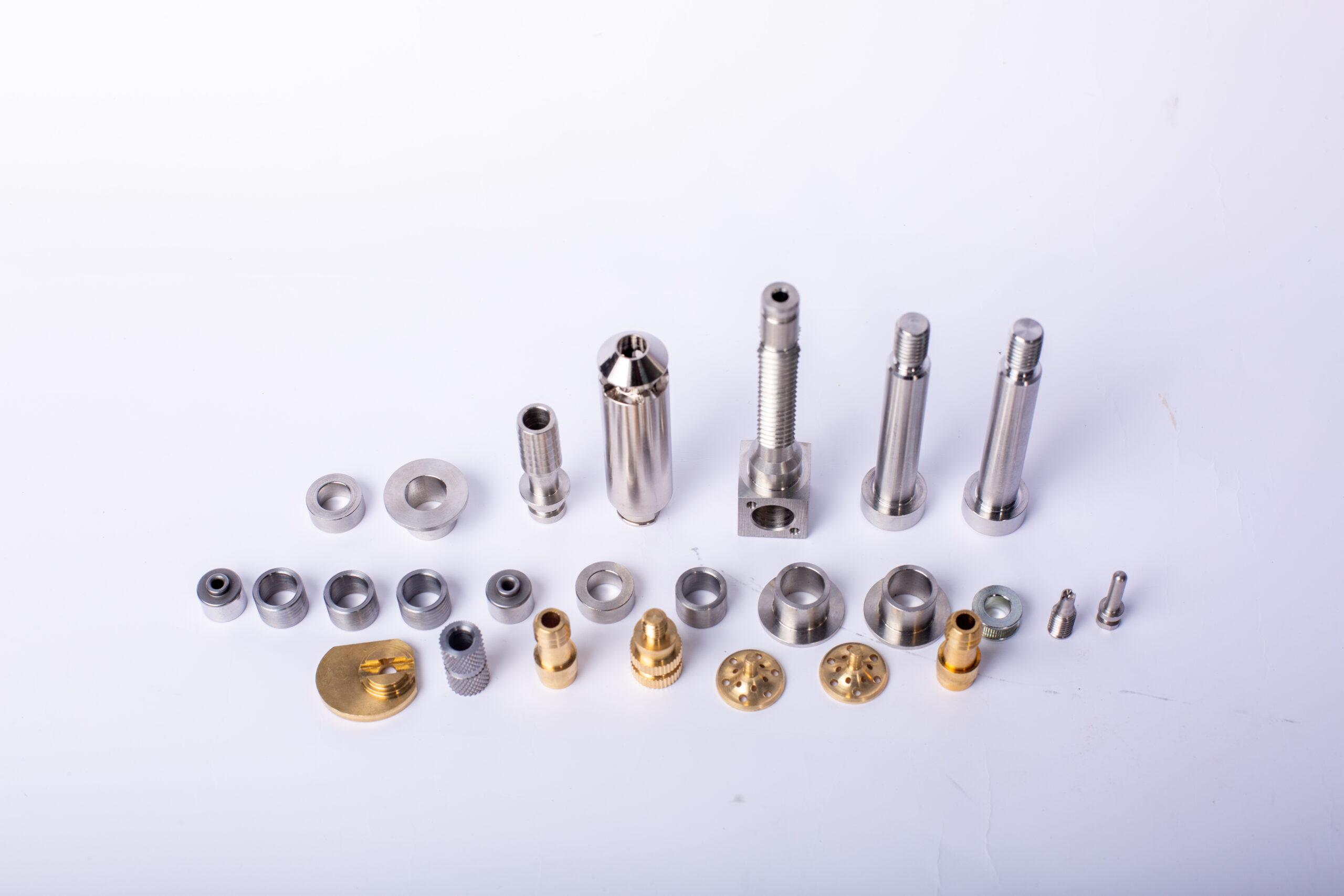
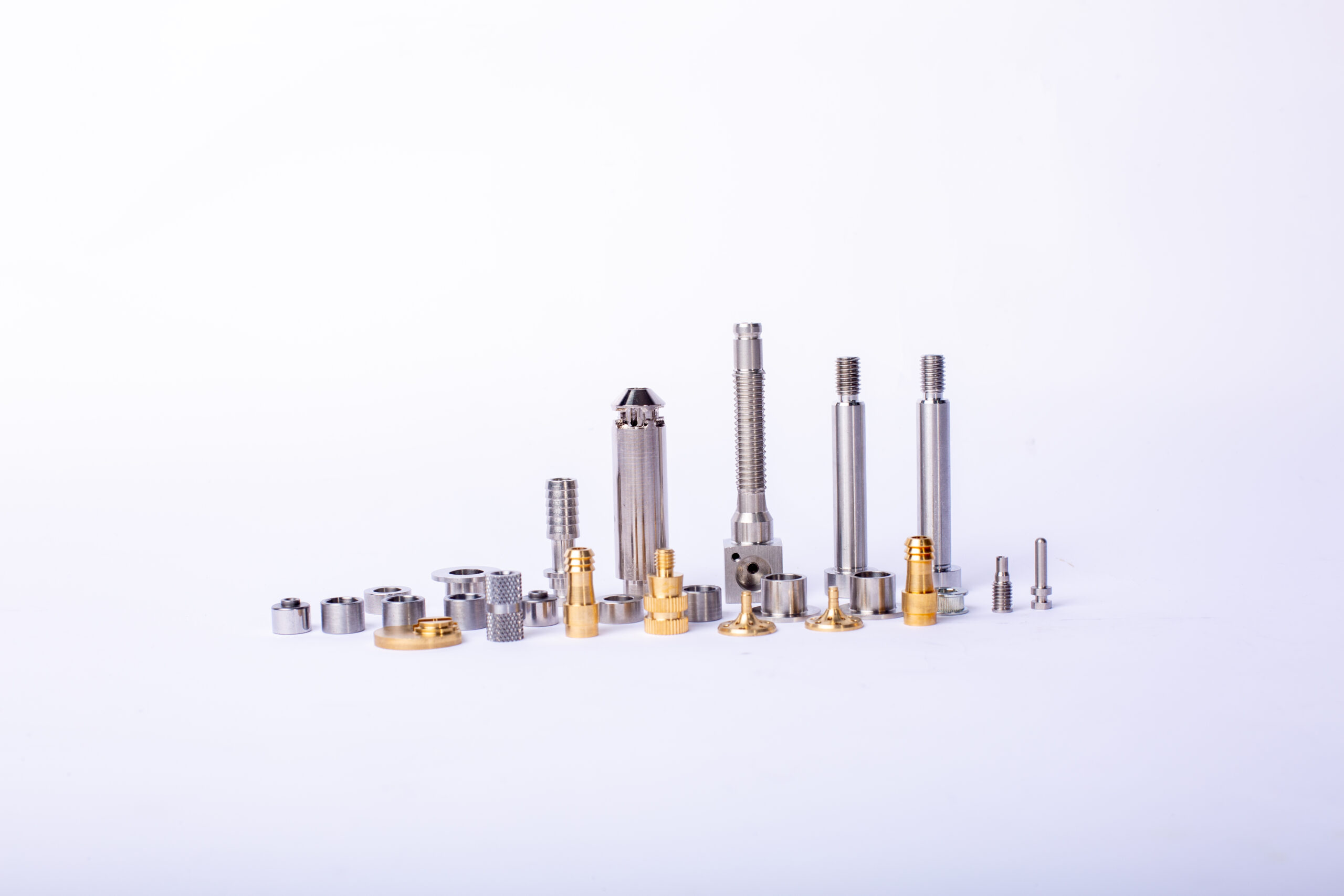
forging suppliers for aluminum fittings FAQs Guide.
Our company is dedicated to providing high-quality forging suppliers for aluminum fittings products to meet the needs of various industries. With advanced technology and skilled craftsmanship, we have become a leading manufacturer in the field of forging suppliers for aluminum fittings. Our products are widely used in aerospace, automotive, and construction industries, just to name a few. We take great pride in our products as they are not only durable and reliable, but also lightweight and eco-friendly. Through this introduction, we hope to showcase the versatility and excellence of our forging suppliers for aluminum fittings products. Thank you for choosing us as your trusted provider of top-notch forging suppliers for aluminum fittings products.
1.What are the material testing methods used for evaluating forging suppliers for aluminum fittingss?
1. Visual Inspection: This is the most basic form of testing and involves examining the surface of the aluminum forging for any signs of defects or irregularities.
2. Ultrasonic Testing: This method uses high-frequency sound waves to detect any internal flaws or defects in the aluminum forging.
3. Magnetic Particle Testing: This method uses a magnetic field to detect any surface or subsurface flaws in the aluminum forging.
4. Radiographic Testing: This method uses X-rays to detect any internal flaws or defects in the aluminum forging.
5. Hardness Testing: This method uses a hardness tester to measure the hardness of the aluminum forging.
6. Chemical Analysis: This method involves analyzing the chemical composition of the aluminum forging to ensure it meets the required specifications.
2.Can forging suppliers for aluminum fittingss be coated or plated?
We should have a stable supply chain and logistics capabilities, and provide customers with high -quality, low -priced forging suppliers for aluminum fittings products.
Yes, aluminum forgings can be coated or plated. Common coatings and platings for aluminum forgings include anodizing, powder coating, and electroplating.
3.What are the different types of forging suppliers for aluminum fittings?
We have flexible production capacity. Whether you are large orders or small orders, you can produce and release goods in a timely manner to meet customer needs.
1. Closed Die Forging: This type of forging involves the use of two dies that are closed together to form a shape. The dies are usually made of steel and the aluminum is heated and then placed between the dies. The dies are then closed and the aluminum is forced into the desired shape.
2. Open Die Forging: This type of forging involves the use of a single die that is open at the top. The aluminum is heated and then placed in the die. The die is then closed and the aluminum is forced into the desired shape.
3. Roll Forging: This type of forging involves the use of two rolls that are used to shape the aluminum. The aluminum is heated and then placed between the rolls. The rolls are then rotated and the aluminum is forced into the desired shape.
4. Impact Forging: This type of forging involves the use of a hammer or other tool to shape the aluminum. The aluminum is heated and then placed on an anvil. The hammer or other tool is then used to shape the aluminum into the desired shape.
4.What industries commonly use forging suppliers for aluminum fittingss?
We attach importance to the innovation ability and team spirit of employees, have advanced R & D facilities and laboratories, and have a good quality management system.
Aluminum forgings are commonly used in the automotive, aerospace, defense, and marine industries. They are also used in the construction, medical, and sporting goods industries.
5.How durable are forging suppliers for aluminum fittingss compared to other metal parts?
We have established long-term and stable partnerships with our suppliers, so we have great advantages in price and cost and quality assurance.
Aluminum forgings are generally more durable than other metal parts due to their increased strength and resistance to corrosion. Aluminum forgings are also lighter in weight than other metals, making them ideal for applications where weight is a factor. Additionally, aluminum forgings are more resistant to fatigue and wear than other metals, making them a great choice for parts that need to withstand high levels of stress and strain.
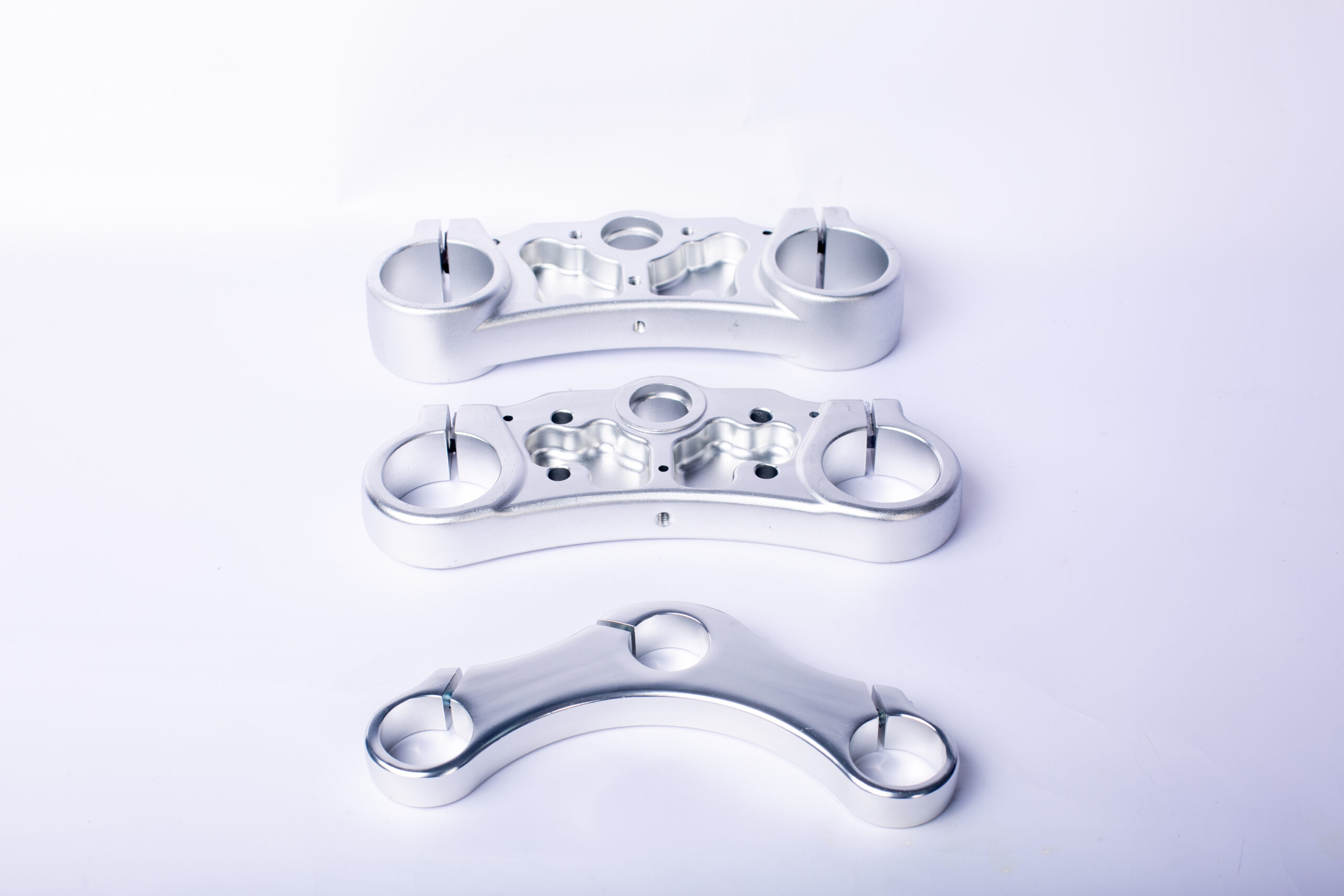
6.About the development history of forging suppliers for aluminum fittings factory
Aluminum forging is a process of forming and shaping metal by hammering, pressing, or rolling. It has been used since ancient times to create tools, weapons, and other objects. The earliest known use of aluminum forging dates back to the Bronze Age, when it was used to create weapons and tools. In the 19th century, aluminum forging became more widely used in the production of industrial components, such as engine parts and aircraft components. Today, aluminum forging is used in a variety of industries, including automotive, aerospace, and medical. Aluminum forging factories have been around since the early 1900s, when they were used to produce parts for the automotive industry. Over the years, these factories have evolved to become more efficient and technologically advanced, allowing them to produce parts with greater precision and accuracy.
7.How do environmental factors, such as temperature and humidity, affect the forging suppliers for aluminum fittings process?
We focus on teamwork and communication to achieve common goals, We attach great importance to this detail.
Temperature and humidity can have a significant impact on the aluminum forging process. High temperatures can cause the aluminum to become too soft and malleable, making it difficult to form into the desired shape. Low temperatures can cause the aluminum to become too brittle and crack during the forging process. High humidity can cause the aluminum to become sticky and difficult to work with, while low humidity can cause the aluminum to become too dry and brittle. Additionally, high temperatures and humidity can cause the aluminum to corrode more quickly, leading to a shorter lifespan for the forged product.
8.About forging suppliers for aluminum fittings MOQ
The minimum order quantity (MOQ) for aluminum forging depends on the size and complexity of the part being forged. Generally, the MOQ for aluminum forging is between 500 and 1000 pieces. However, some aluminum forging companies may be willing to accept orders for smaller quantities.
9.What are the joining methods used for forging suppliers for aluminum fittingss?
We are committed to providing personalized solutions and established long -term strategic cooperative relationships with customers.
1. Friction Welding
2. Flash Butt Welding
3. Resistance Spot Welding
4. Resistance Seam Welding
5. Forge Welding
6. Forge Brazing
7. Forge Soldering
8. Forge Bonding
9. Forge Riveting
10. Forge Pressing
10.Is forging suppliers for aluminum fittings suitable for mass production?
We are a professional forging suppliers for aluminum fittings company dedicated to providing high quality products and services.
Yes, aluminum forging is suitable for mass production. It is a cost-effective and efficient process that can produce large quantities of parts quickly and accurately. It is also a strong and durable process that can produce parts with excellent strength and durability.
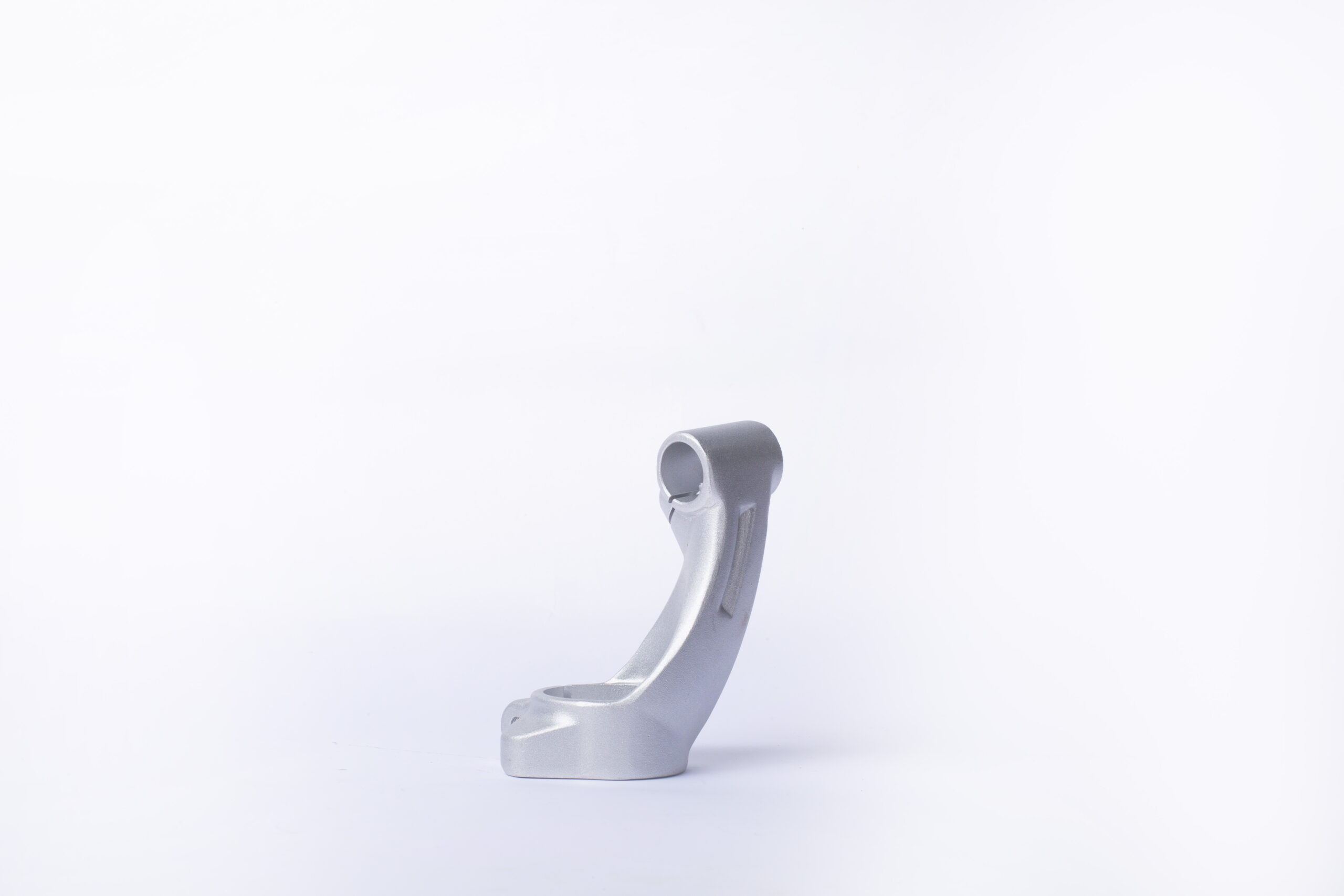
11.What techniques are used in forging suppliers for aluminum fittings?
We actively participate in the forging suppliers for aluminum fittings industry associations and organization activities. The corporate social responsibility performed well, and the focus of brand building and promotion
1. Closed Die Forging: This is a process in which a pre-shaped die is used to shape the aluminum into the desired shape.
2. Open Die Forging: This is a process in which the aluminum is placed between two dies and then hammered or pressed into the desired shape.
3. Roll Forging: This is a process in which the aluminum is rolled between two dies to form the desired shape.
4. Hammer Forging: This is a process in which the aluminum is placed between two dies and then hammered into the desired shape.
5. Extrusion Forging: This is a process in which the aluminum is forced through a die to form the desired shape.
6. Upset Forging: This is a process in which the aluminum is placed between two dies and then hammered or pressed into the desired shape.
12.What are the properties of aluminum that make it suitable for forging?
We have the leading technology and innovation capabilities, and attach importance to employee training and development, and provide promotion opportunities.
1. Aluminum is lightweight and strong, making it ideal for forging.
2. Aluminum has a low melting point, making it easy to shape and form.
3. Aluminum is corrosion-resistant, making it suitable for outdoor applications.
4. Aluminum is malleable and ductile, making it easy to work with.
5. Aluminum is a good conductor of heat and electricity, making it suitable for electrical components.
6. Aluminum is non-magnetic, making it suitable for use in sensitive electronic equipment.
7. Aluminum is relatively inexpensive, making it a cost-effective choice for many applications.
13.About forging suppliers for aluminum fittings production equipment
Aluminum forging production equipment is used to shape and form aluminum into a variety of shapes and sizes. This equipment is used in a variety of industries, including automotive, aerospace, and construction. The equipment is used to create parts for cars, airplanes, and other products. It is also used to create custom parts for specific applications. The equipment is designed to be efficient and reliable, and it is capable of producing high-quality parts.
Tag:preheat aluminum before forging,forged aluminum flanges,vintage hand forged aluminum,large aluminum forge
Product Inquiry
We will respond within 12 hours, please pay attention to the email “@163.com” or “@alumforge.com”.
Also, you can go to the Contact Page, which provides a more detailed form, if you have more inquiries for products or would like to obtain OEM service.
Our sales experts will respond within 24 hours, please pay attention to the email with the suffix “@163.com”.